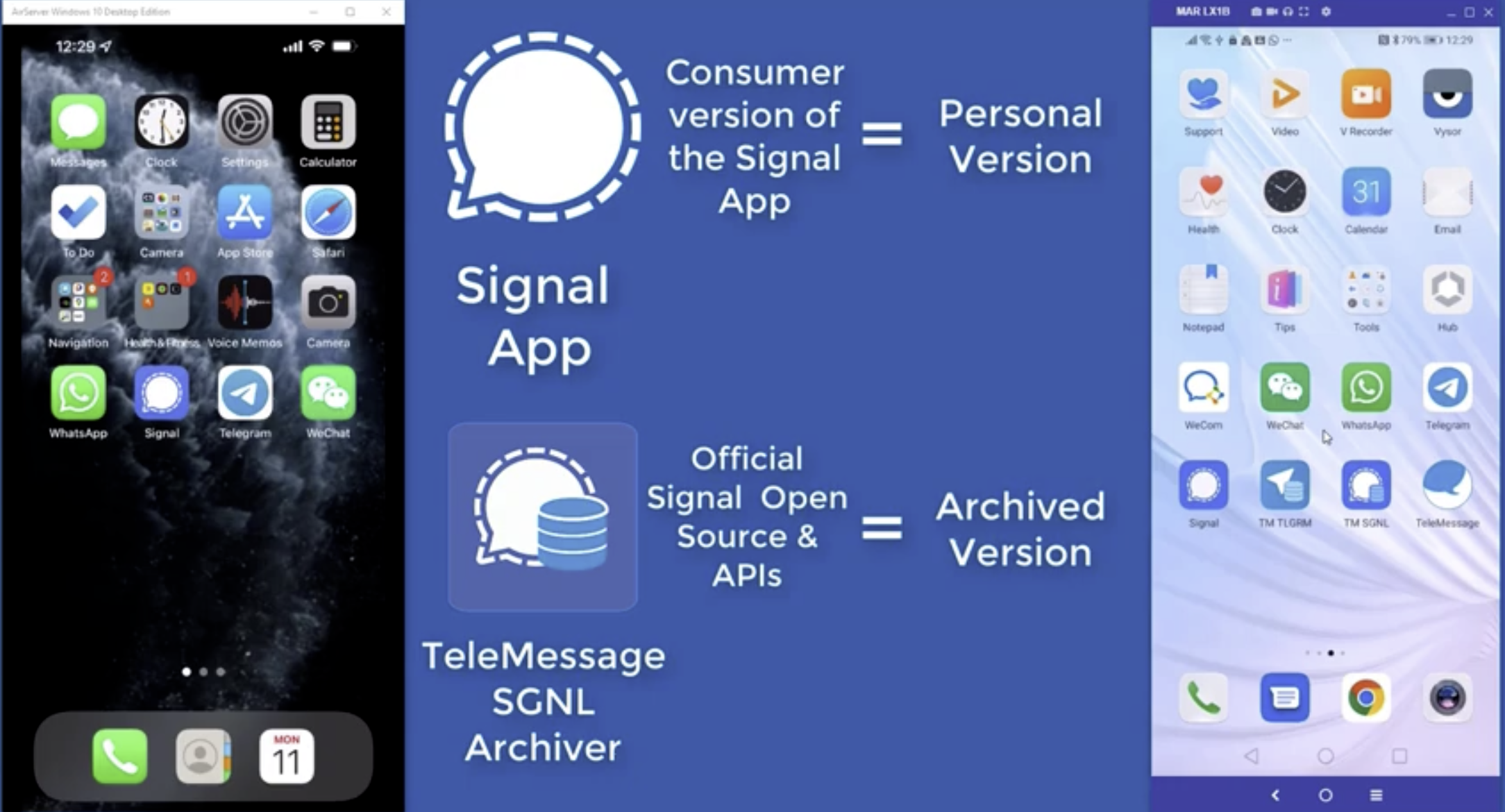Hacker Conference HOPE Says U.S. Immigration Crackdown Caused Massive Crash in Ticket Sales

Hackers On Planet Earth (HOPE), the iconic and long-running hacking conference, says far fewer people have bought tickets for the event this year as compared to last, with organizers believing it is due to the Trump administration’s mass deportation efforts and more aggressive detainment of travellers into the U.S.
“We are roughly 50 percent behind last year’s sales, based on being 3 months away from the event,” Greg Newby, one of HOPE’s organizers, told 404 Media in an email. According to hacking collective and magazine 2600, which organizes HOPE, the conference usually has around 1,000 attendees and the event is almost entirely funded by ticket sales. “Having fewer international attendees hurts the conference program, as well as the bottom line,” a planned press release says.
Newby said there isn’t a serious danger of the event not going ahead, but that the conference may need to "significantly decrease” its space in the venue to manage HOPE’s budget.
Emmanuel Goldstein, HOPE conference chair, told 404 Media “We're always looking at potential reasons why ticket sales may be adversely affected, such as location, dates, lineup, etc. The only common reason we're hearing from people this year is that they don't feel comfortable coming to the States due to fear of harassment or detention.”
HOPE started in 1994 and recently switched to an annual conference model. This year’s HOPE will take place at St. John’s University in New York from August 15 to 17. The event usually has a slate of information security and activism focused talks, booths where people can try out lockpicking, and displays of digital art.
One planned speaker has dropped out of the conference: hacker and consultant Thomas Kranz. In an email Kranz sent to the HOPE organizers later shared with 404 Media, he wrote that friends of his recently tried to attend RSA, the cybersecurity conference held in San Francisco, and were detained at the border and refused entry into the U.S. “Several other friends who have travelled from the EU to the USA since January have had the same issue. All have had all of their electronics confiscated (laptops, phones, gadgets, even MP3 players) and have yet to have had them returned,” Kranz wrote.
Kranz believes they will likely not be allowed into the U.S. because of their “ongoing criticism of the current U.S. government,” and what Kranz described as his previous “engagements” with the FBI. In another email, Kranz told 404 Media: “I have had a previous run-in with the FBI back in the 90s: after Phil Zimmerman went on the run to Canada, I hosted a repository of the PGP source code, as well as IRIX binaries, in the EU. I had some entertaining correspondence with the FBI, who demanded I take it down as a violation of export controls. In turn, I sent them a copy of a map of the world, with ‘NOT THE USA’ clearly marked, as well as an exhortation to ‘piss off’. I don’t really fancy being detained by the FBI as well as the CBP as a result of detailed records checks while being held at the border.”
In the email to HOPE, Kranz concluded “I’m gutted—HOPE is the only conference that remains true to the hacker spirit, and now [that] it’s every year I was looking forward to more chances to meet old friends and make new ones.”
In the planned press release, 2600 wrote “The chilling effect of the Trump administration's anti-immigrant posture is real, and having impacts on legitimate travel.”
HOPE says it has coordinated with the American Civil Liberties Union (ACLU) and Electronic Frontier Foundation (EFF) on tips for those attending the conference from overseas and published them online. “In our discussion with the ACLU, they stressed that at points of entry to the United States (e.g., an airport or land crossing), the government can engage in searches and seizures of your property without any suspicion of wrongdoing, and you will not be able to contact an attorney until you are either admitted or, if you're a non-citizen, denied entry,” HOPE organizers wrote on the conference website.
Attendees are still able to buy a virtual ticket to access livestreams of the talks and workshops.

















